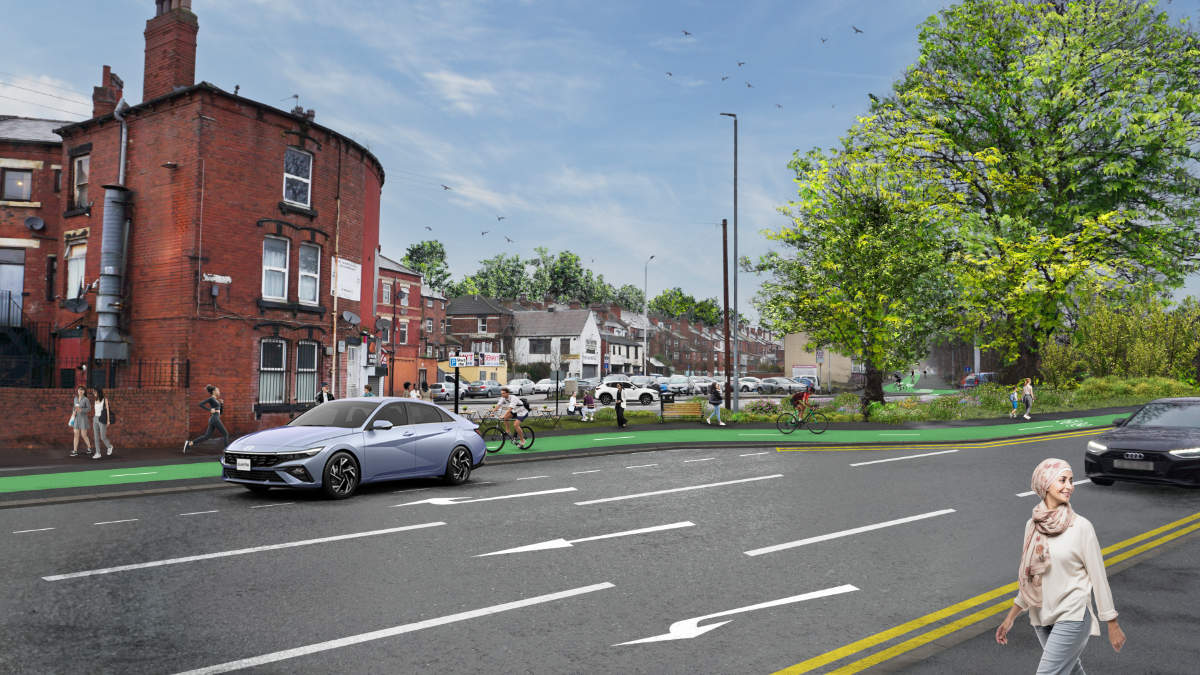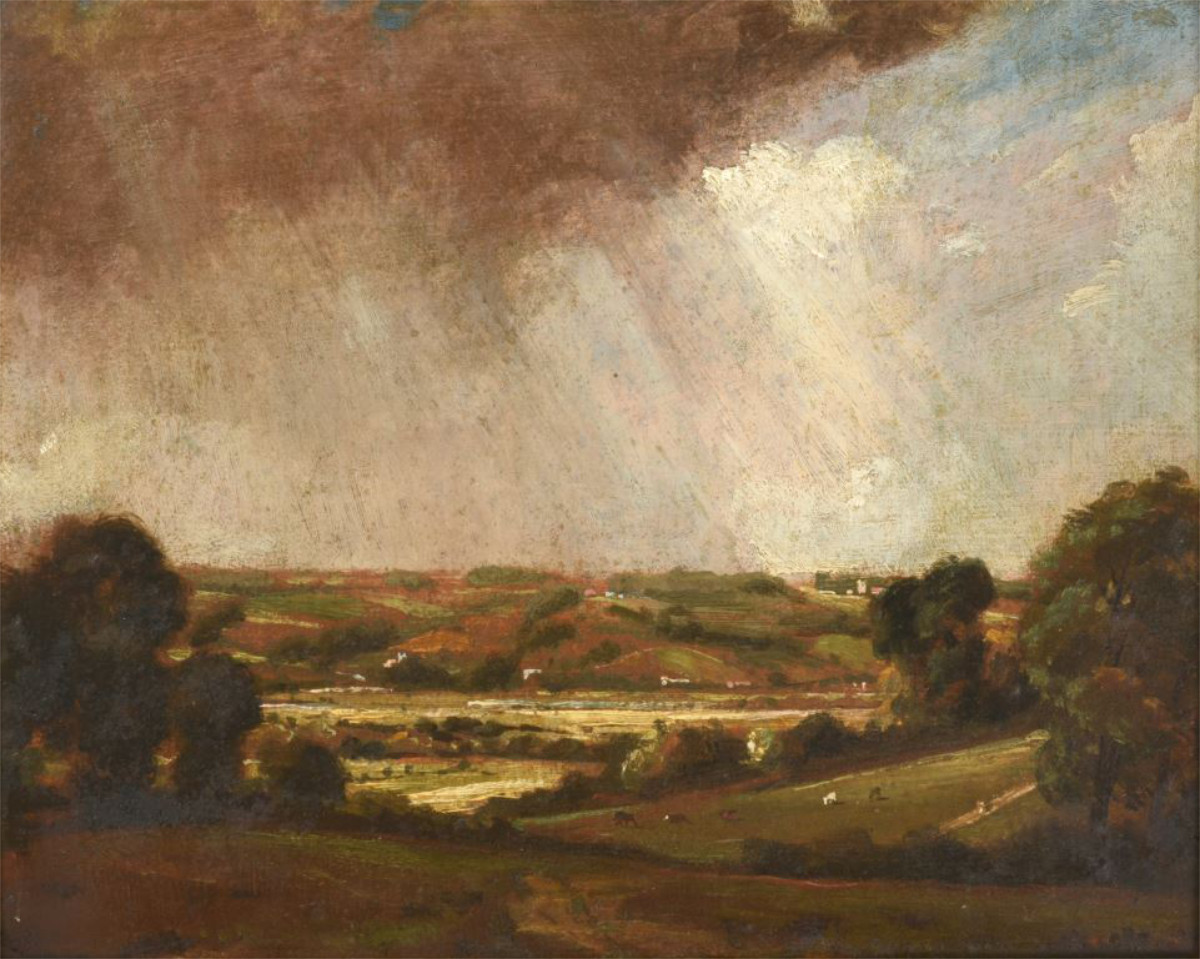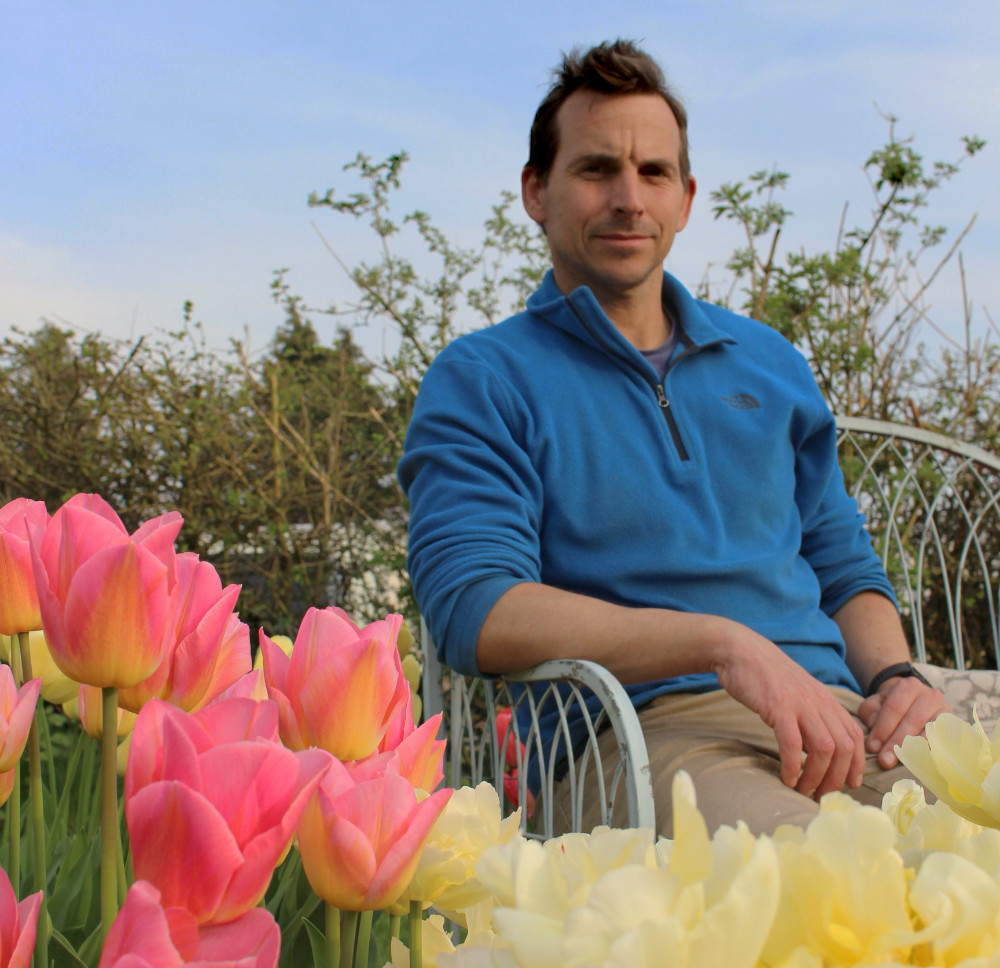North Yorkshire Police, working in partnership with major statutory, voluntary and private sector organisations including health, local government and local businesses, have launched a Modern Slavery Partnership for North Yorkshire and York.
Announcing the launch of the Partnership on Anti-Slavery day (Wednesday 18 October 2017) Detective Inspector John Freer, lead in force for modern slavery and human trafficking said “North Yorkshire Police is keen to work with local organisations and businesses, to raise awareness of the fact that North Yorkshire is not untouched by modern slavery and to work together eradicate the crime.
“People have the belief that slavery exists only in densely populated areas and cities, which isn’t the case. Modern slavery can be found in towns and villages, rural and isolated areas. The Partnership’s aim is to work with private, public and voluntary organisations throughout the region to equip them with the knowledge to be able to recognise the signs of modern slavery, how to prevent and stop it and how to support its victims.”
Professor Gary Craig, Professor Emeritus of Social Justice, WISE, University of Hull who is involved in the development of the Partnership said “Modern slavery can be found anywhere in the county and city. Everyone can have a role in combating slavery by knowing what it looks like, recognising it when they see it and then taking action by reporting it to the police or local authorities.”
Modern slavery has increasingly been recognised as a very serious issue in the UK, leading to the passage of a Modern Slavery Act in 2015, which gives many organisations the knowledge and access to expertise to combat this appalling crime.
Although precise figures are not known, on a pro rata basis, there are likely to be several hundred people in some form of modern slavery in the North Yorkshire/York area at any one time, with upwards of 30,000 across the whole of the country, according to latest estimates from the National Crime Agency.
Modern slavery covers forms of serious sexual and physical exploitation such as human trafficking, forced labour, domestic servitude, cannabis farming, car washes, child labour and organ trafficking. The Partnership is keen to point out that modern slavery may be found in any economic activity including hospitality and leisure, agriculture, construction, care, food production and fishing.
Already some groups across the county have taken action to raise awareness of modern slavery and combat it through their work. Both of York’s Universities have planted modern slavery roses in dedicated gardens to raise awareness amongst their students of the issue and the Monkbar Hotel in York, owned by the Shiva group, has trained its staff to recognise and act on the indicators of modern slavery.
The Partnership will formally be launched at its next meeting in early November. Organisations wishing to be involved in its work are encouraged to contact Detective Inspector John Freer at john.freer@northyorkshire.pnn.police.uk or Professor Gary Craig at Gary.craig@garyc.demon.co.uk
For more information on recognising the signs of modern slavery go to the North Yorkshire Police website https://northyorkshire.police.uk/news/modern-slavery-see-something-say-something/ or the Modern Slavery helpline website https://www.modernslaveryhelpline.org/






